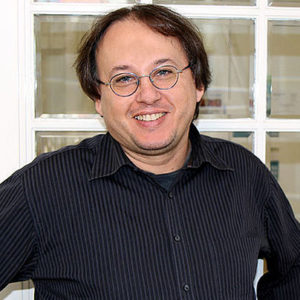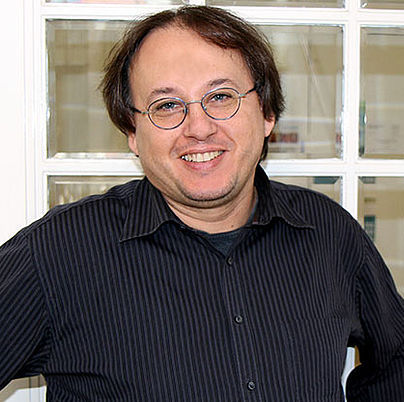
Dr Sascha Husa
Today the Barcelona Supercomputing Center announced it has allocated 20 million processor hours to the LIGO project, the most recent winner of the Nobel Prize for Physics.
Since 2015, the LiGO project, awarded for having detected gravitational waves as predicted by Einstein, has been using the MareNostrum supercomputer through Dr Sascha Husa, Theoretical Physics Professor of the University of Illes Balears (Spain) and member of the project.
“In my research, I am interested in the study of gravitational wave signals, which are created when two black holes collide; the most violent events in the universe. My particular job is to solve equations and calculate, with very large calculations, what such collisions look like and what exactly are the signals that are given off. Experimentalists in the LiGO collaboration can compare my predictions with the data and find out which systems have created these signals, and for these calculations we have to use very large machines. My home machine is MareNostrum; I log into the machine almost every day and the importance of MareNostrum for our work is very easy to explain: without it we could not do the kind of work we do; we would have to change our direction of research.”
Dr Husa and his team access MareNostrum through different calls which are opened periodically by the European network PRACE (Partnership for Advanced Computing in Europe), to grant access to the most powerful Supercomputers in the EU to European researchers at the service of science. The access to these machines is calculated in “processor hours”, also known as “calculation hours”.
The Barcelona Supercomputing Center is the national supercomputing centre in Spain. BSC specializes in High Performance Computing (HPC) and its mission is two-fold: to provide infrastructure and supercomputing services to European scientists, and to generate knowledge and technology to transfer to business and society.




